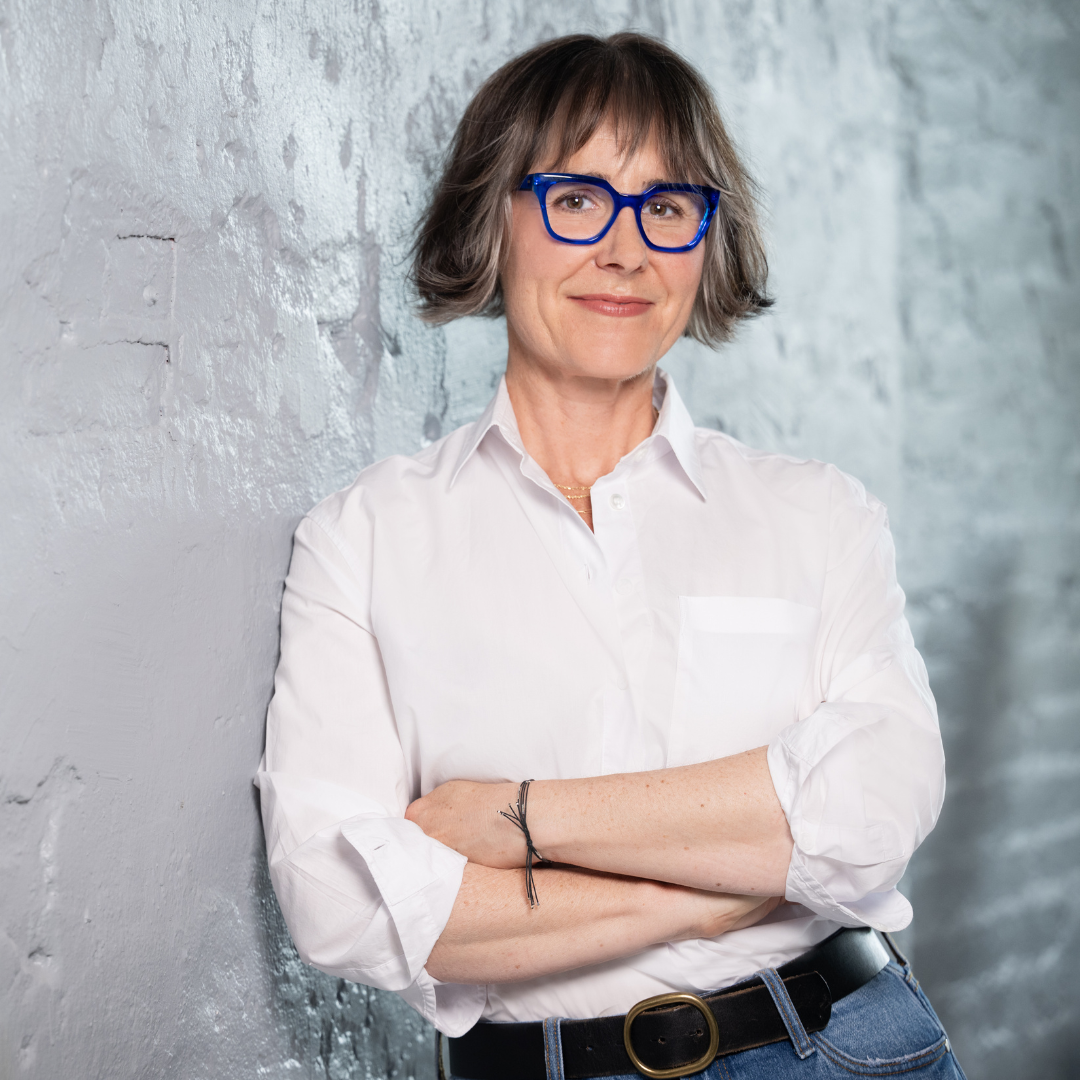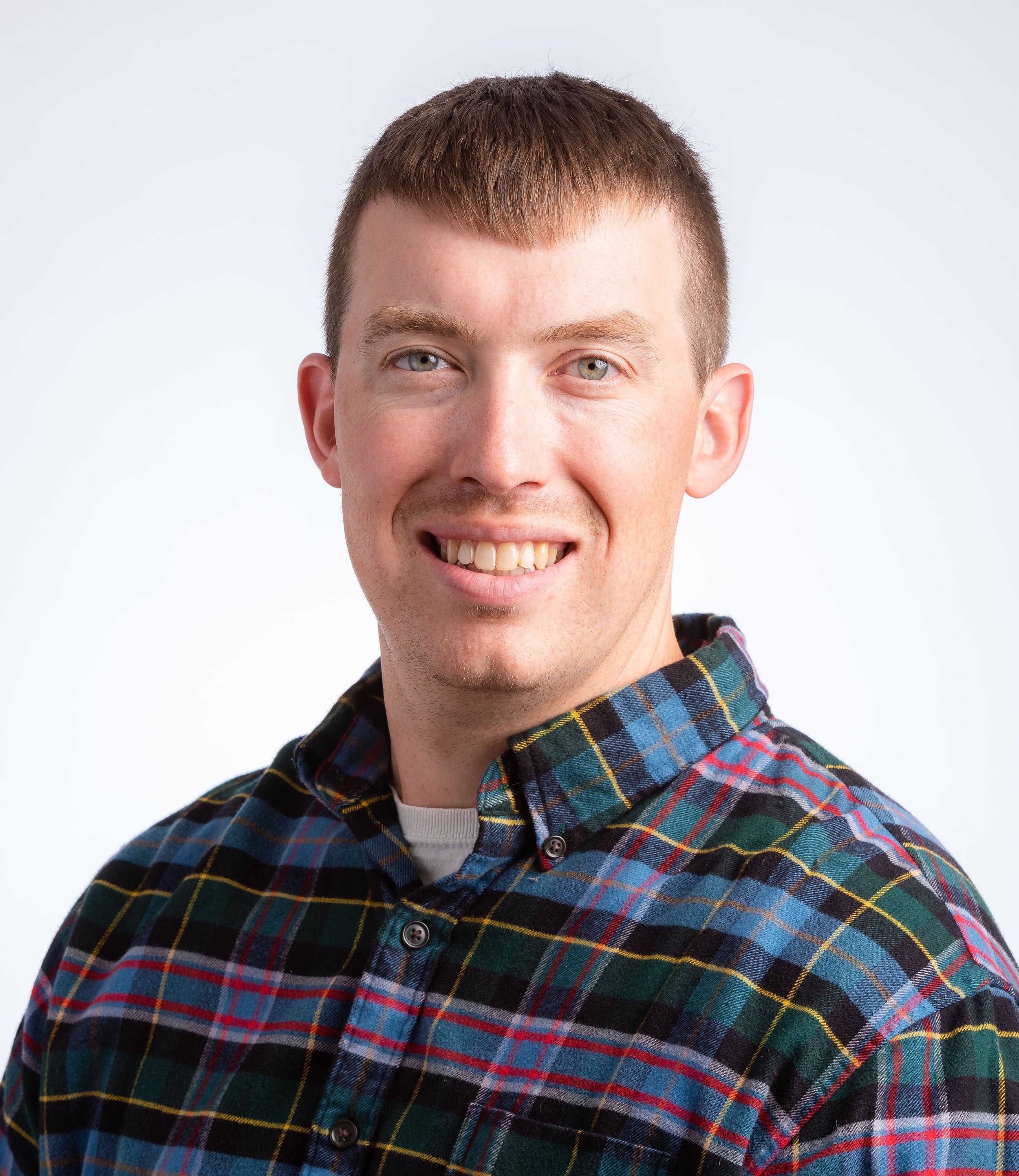Church Anew Blog
Get Updates in Your Inbox
Want to stay up-to-date with the Church Anew Blog? Sign up for our weekly blog round-up.
Faith as Trust: Why Religious Frameworks Matter Right Now (Even if You’re Not Religious)
If faith is trust, if religion is really about what you trust enough to organize your entire life around, then what are those of us who call ourselves “nones” supposed to do with that? […] in this particular moment of instability and violence and fear and anxiety, I keep wondering: what lessons are religious leaders offering that might matter to those of us outside their communities? […] But how can they function as conversation partners—helping us ask better questions even if they can’t give us answers?
The Journey
It took me all this time, but I have learned my lesson. Here it is in a nutshell: ENJOY THE JOURNEY! Let me break it down for you…
Renouncing Evil, Remix Style: Themes of Redemption in KPop Demon Hunters
When a little Rumi or Jinu shows up at your door for Halloween, or when your Sunday School classes won’t stop chanting “gonna be gonna be golden,” you don’t need to worry that demons are encroaching on God’s world. You can smile, knowing these kids have learned something about shared suffering and transformation and redemption.
Resting by the Mother Tree
You could never have imagined this in your grief, when we shared our sorrows in the death of your husband and your son, my husband. In those days I had only begun to understand the power in the bonds of family and in the God you knew so well. I now know the Lord deeply and intimately, as if the Lord was my birth mother who laid me on her shoulder and rocked me to sleep.
Of Water and Wafers: Resisting Inwardness in an AI World
Independence and autonomy are not the gifts of baptism or communion. Instead, these sacraments remind us that God comes to us from beyond ourselves—that salvation is given, not earned.
Empire in the Everglades: Prophetic Imagination in the Face of “Alligator Alcatraz”
The prophets offer us a glimpse of what could be, but visions are not guarantees. They demand something of us.
Is Your Anger a Good Thing?
Maybe that’s the point. Maybe the story was never about the whale, but about a God who dares to ask us things we don’t yet know how to answer.
Partisan Politics Are So 2024
This is our past year in America, and now that we’ve reviewed it — can we finally consign the political past of 2024 to the dustbin of history?
Two Things Can Be True: Disability, Healing, and a Vulnerable God
Why shift our thinking to heaven when there is so much work we can do in this life to promote inclusion and break down barriers? If we work to create a more accessible world, less people would feel like they need to be healed.
Clarity vs. Faith
I have learned God may ask things of us that seem weird and ridiculous... Once you receive the ask, meditate and pray for a moment, but by all means, obey!
How to Write a Faithful Eulogy
A eulogy is different from many other words we share at a life-transition moment... It is a moment to reflect on the fullness of the person’s life, allowing others to have their experience of the departed.
God Healed Me: A Story to Encourage Weary Leaders
Prayer without belief/faith is no good. Why are we praying if we don’t believe?
Golden Advice from Two Unexpected Saints
Decades after my first encounters with them, a couple of my childhood heroes continued to lift my spirit and entertain my soul. These two people contributed, at least in some small way, to forming my belief system and maybe even some aspects of my personality.
Forgetfulness Endangers the World: Reflections on Deuteronomy, Memory, and Storytelling
Michael Chan revisits books from the Bible to remind us that those who forget history can be doomed to repeat it.
Liminal Spaces
Theologians and practitioners have used the word “liminal space” or “liminal time” to describe these experiences. They are the point at which you become aware that a transition is about to occur. Liminal literally means, “threshold”. Think of walking through a doorway and going through/over a threshold. You are neither in one room nor the other; you are in-between. However you can see both, one behind and in front.
Planting Gardens of Belonging
The task at hand for young people of faith is to draw from our traditions to steward this change—this social transformation—towards the redemptive possibilities of loving exceedingly, seeking justice, practicing hospitality, and giving generously. In doing so, we might reimagine and create anew the means through which our communities join together across differences.
Unlikely Saints
All Saints Sunday gives us a very personal way to talk about the present and future by talking about the past. Who are we? Who do we want to be? Those saints from our past give us a way to talk about where we are and where we are headed.
How Parenting Is Teaching Me Notes of Rest: Lessons from the first month
What a marvel it is to have a child. There really are no words to do it justice. A few of you have expressed interest in what parenthood will do to my sense of rest. I’m sure that will be a lifelong journey, but here are a few quick insights
EXPLORE OUR ARCHIVE OF ARTICLES FROM
Walter Brueggemann
Get Updates in Your Inbox
Want to stay up-to-date with the Church Anew Blog? Sign up for our weekly blog round-up.


















